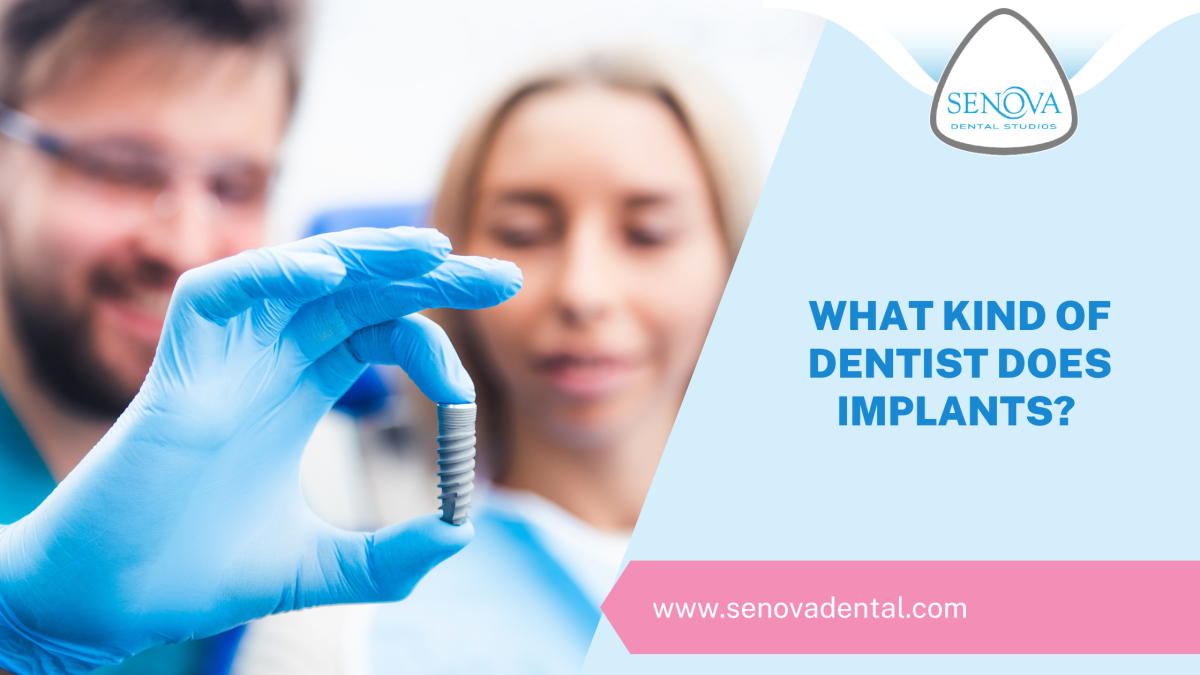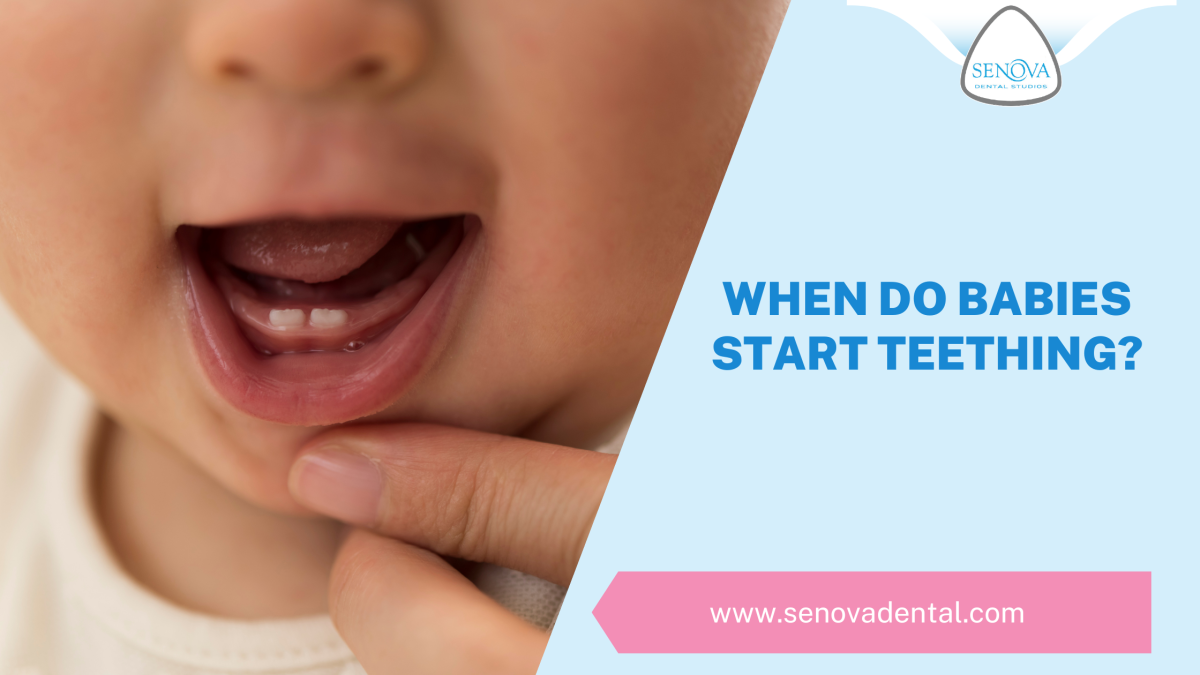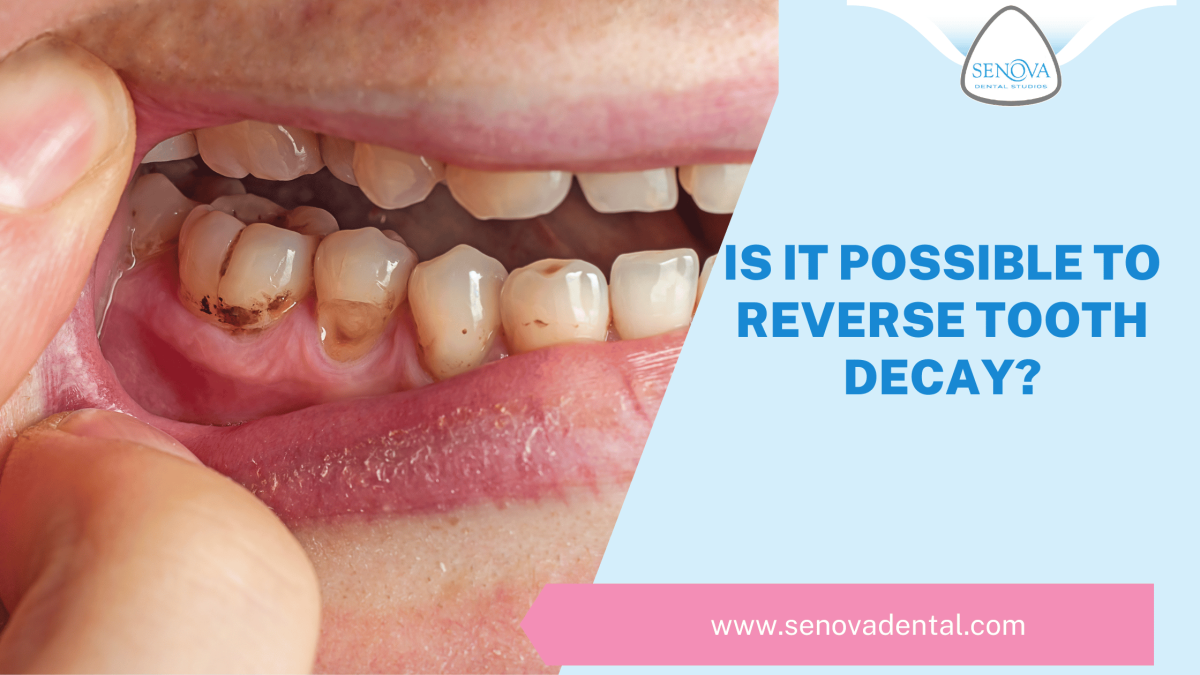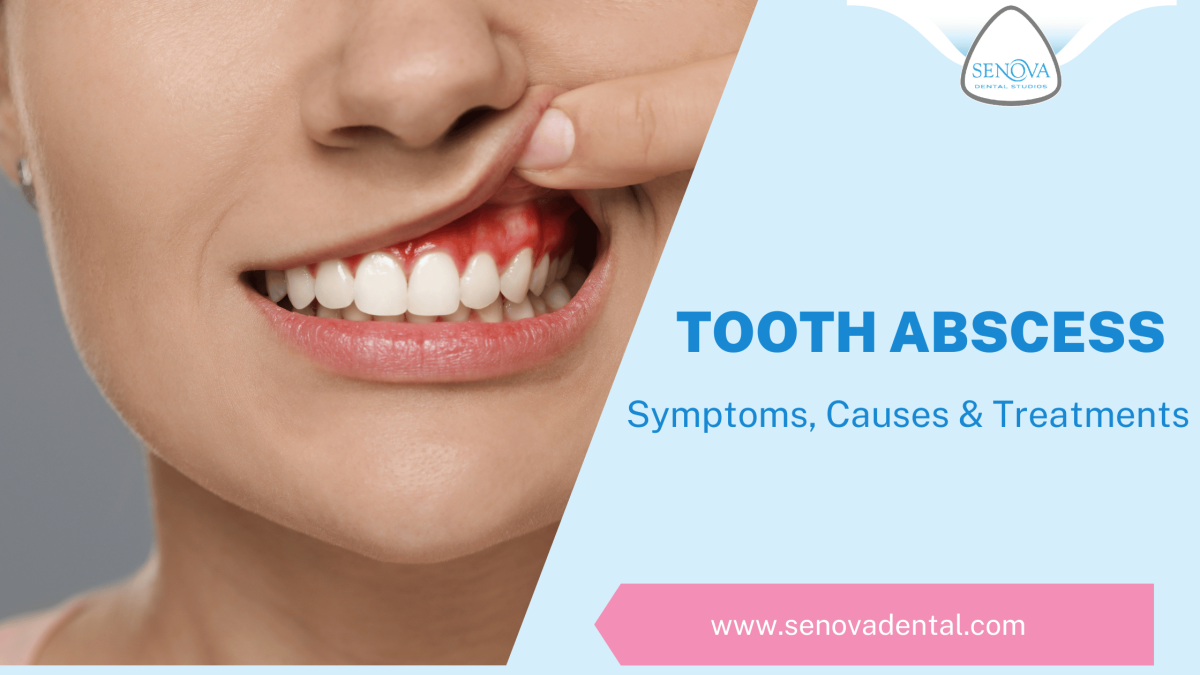The low failure rates of dental implants is one of the primary reasons that they have become one of the most successful and sought after treatments in modern dentistry. Implants are often the preferred option by both dentist and patients for replacing missing teeth.
 A recent press release from Transparency Market Research “Nanotechnology in Dental Implants Market – Global Industry Analysis, Size, Share, Growth, Trends and Forecast 2016 – 2024” indicates that the use of nanotechnology has revolutionised multiple branches of medicine, including dentistry. Nanotechnology could enhance the work we do by influencing the integration process of the dental implant in to the bone and remarkably, the chances of post implant placement infection.
A recent press release from Transparency Market Research “Nanotechnology in Dental Implants Market – Global Industry Analysis, Size, Share, Growth, Trends and Forecast 2016 – 2024” indicates that the use of nanotechnology has revolutionised multiple branches of medicine, including dentistry. Nanotechnology could enhance the work we do by influencing the integration process of the dental implant in to the bone and remarkably, the chances of post implant placement infection.
Dental implants are also becoming increasingly popular due to:
- The high number of patients with missing teeth.
- Increased training and education about dental implants for the general dentist.
- Public awareness about oral health.
- New technology such as nanotechnology or CADCAM (Computer Assisted Design, Computer Assisted Manufacturing)
Reasons to Consider Dental Implants
Dental implants have multiple reasons for being the preferred option, but let’s first take a brief look at the results that are possible:
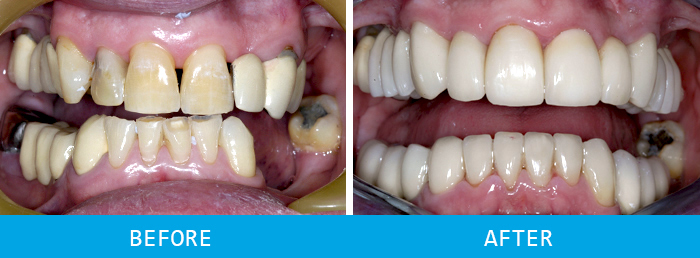
Malcolm did not wish to have a denture as he liked steak too much. Following removal of all the failed teeth, bone grafting was carried out and 9 implants placed in all back areas of his mouth and veneers placed on his top and bottom front teeth to improve his smile.
Reasons that patients like dental implants
The primary reason that patients give for liking dental implants is the fact that they look so natural and appeared to ‘grow’ out of the gum like natural teeth. Dental implants in themselves also do not necessarily impact adjacent teeth, unlike dental bridges where reduction of potentially healthy teeth either side of the gap is required.
Reasons that dentists like a dental implants
The role of your dentist is to educate about dental health, carry out treatments which can prevent dental health from worsening and to restore dental health in the event of any problems. All implants both prevent dental health from deteriorating and restore dental health at the same time, here’s how…
Dental implants restoring dental health
Clearly, the function of a dental implant is to replace a missing tooth, this not only allows the patient to chew again but also may restore the way the teeth function and work together, known as the occlusion. With a fully functioning occlusion the patient is far less likely to develop any jaw joint problems which can be manifested as headaches.
Dental implants preventing dental health from worsening
 When a tooth is extracted it leaves a socket in the bone. Rather than new bone form in this socket, what actually happens is that the surrounding bone collapses in. This ultimately leads to a reduction in the quantity of bone in that area. The reduction of bone can also lead to a loss of gum creating an unsightly gum line.
When a tooth is extracted it leaves a socket in the bone. Rather than new bone form in this socket, what actually happens is that the surrounding bone collapses in. This ultimately leads to a reduction in the quantity of bone in that area. The reduction of bone can also lead to a loss of gum creating an unsightly gum line.
A dental implant is uniquely capable of preventing this bone resorption. The implant needs to be placed as the tooth is extracted, if this happens the implant takes the place of the tooth root and prevents this bone resorption from happening. Thereby maintaining the gum line.

All of the teeth in your mouth are also in very fine balance with one another. If the tooth is removed the adjacent teeth will have a tendency to tip into the gap, the opposing teeth will also have a tendency to over erupt. Having a dental implant placed will support the surrounding teeth and prevent this happening.
Summary
Our hope is that the nanotechnology continues to improve the success rate of dental implants to enable as many people as possible to enjoy smiling, eating and chewing again with absolute confidence by replacing missing teeth.
Senova Dental Studios is a Bupa accredited private dental practice in Watford, Hertfordshire. Patients travel from around the local area including Rickmansworth, Chorleywood and Gerrards Cross to enjoy the highest standard of dental implants and restorative dentistry.
- What Kind Of Dentist Does Implants? - December 1, 2024
- When Do Babies Start Teething? - October 26, 2024
- Is It Possible To Reverse Tooth Decay? - September 29, 2024

